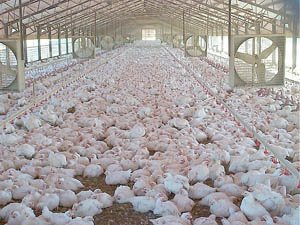Human Factors and Chicken Litter

An Arkansas judge has excluded testimony from human factors expert Arthur Fisk, who opined that allegedly cancer-causing fertilizer made from chicken litter should carry warnings. The Northwest Arkansas Times has the story.
Fisk holds a Ph.D. in experimental psychology. He admitted at deposition that he had no expertise in chicken litter (we wonder how hard it was to wrest that concession from him), or in the relevant alleged carcinogens. He had proposed to testify about how people adjust their behavior based on product warnings, but the trial judge ruled that jurors wouldn't need his help with that problem. This appears to be the same Dr. Fisk whose testimony was excluded in Vandiver v. Ohio River Co., LLC, No. 05-60533 (5th Cir. Mar. 30, 2006). If so, he's having a bad month.
Update: Emboldened by their success with Fisk, defendants are now seeking to exclude plaintiffs' expert Rod O'Connor, a chemist and retired Baylor professor. To judge from the local press reports, this new motion sounds considerably weaker. O'Connor proposes to testify that the fertilizer degrades to arsenic, which is then transported from the fields to area homes by environmental forces. Lawyers from Tyson Foods, who've been helping to mount the chicken litter's defense, are objecting that O'Connor should have taken air samples and biological samples in addition to dust samples, that his figures don't account for background levels of naturally occurring arsenic, and so forth. We're not familiar with the details of the case, but objections like those are commonly held to go to weight, not admissibility.



0 Comments:
Post a Comment
<< Home